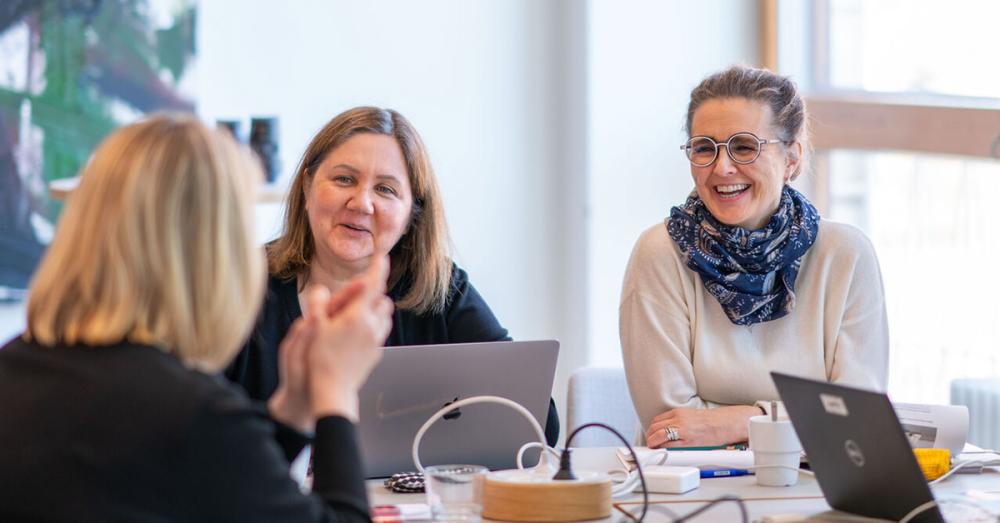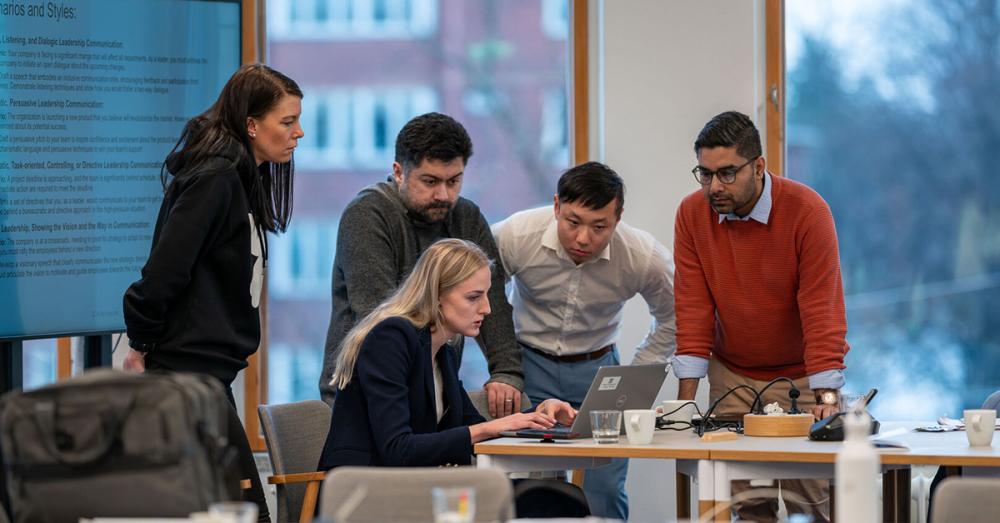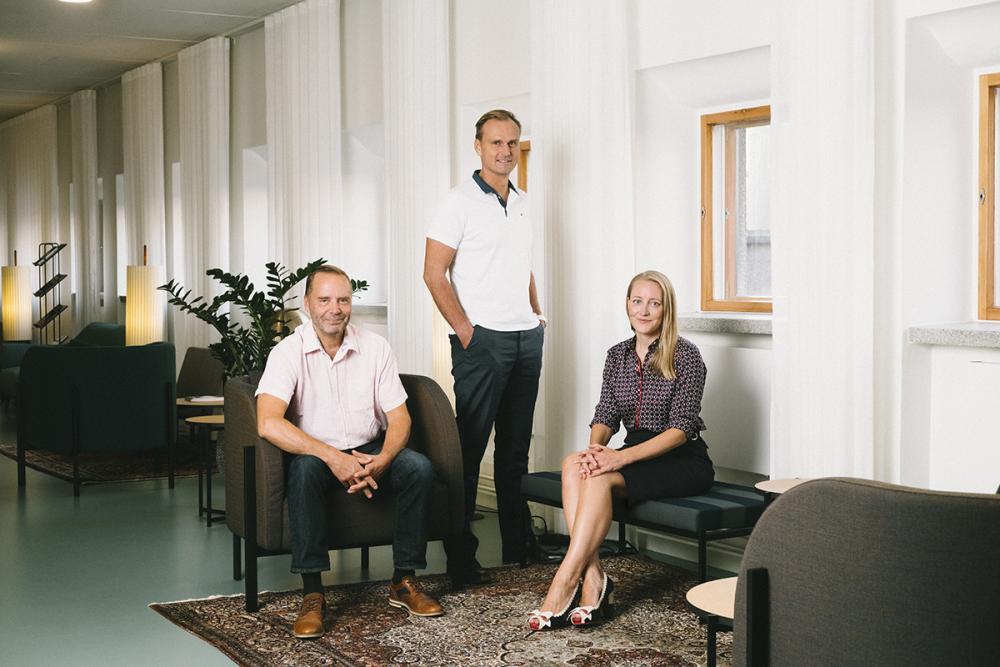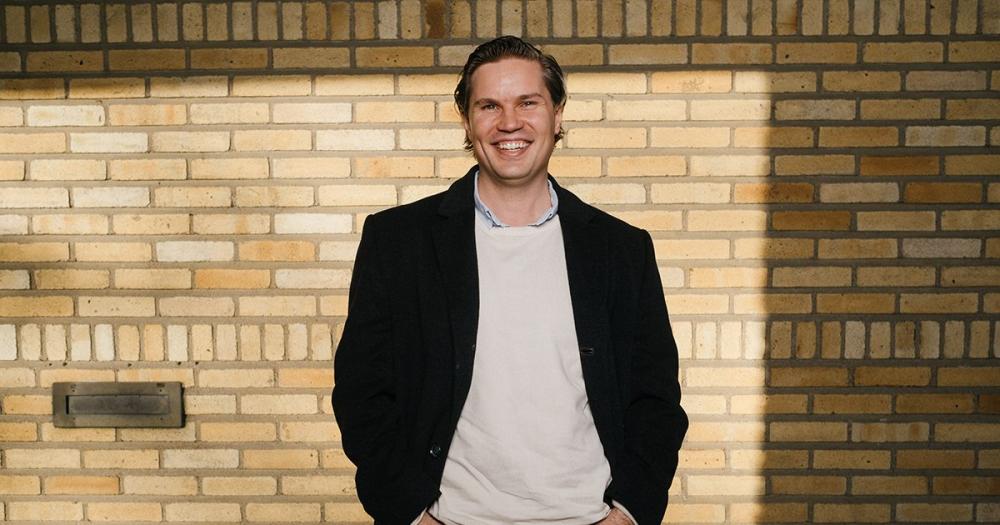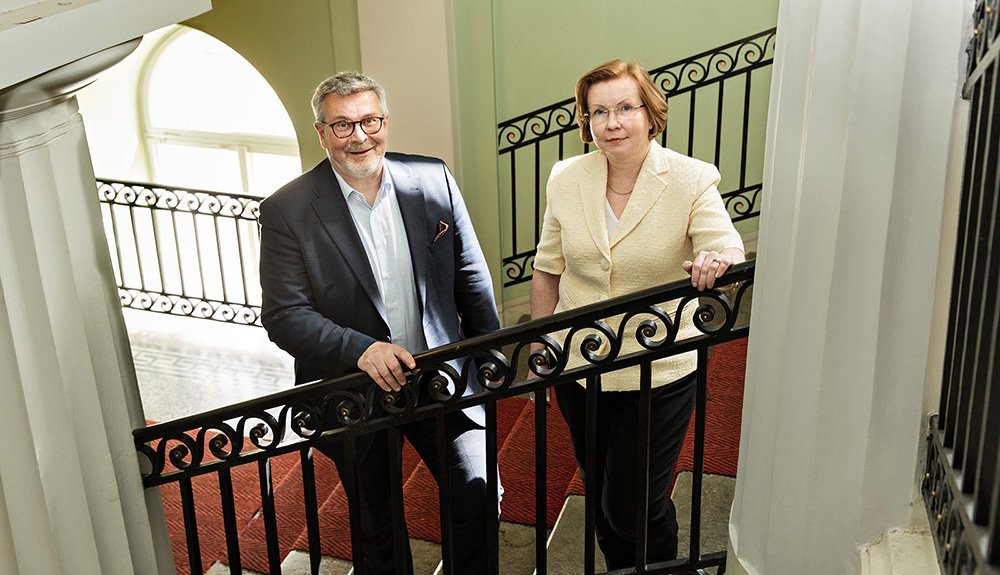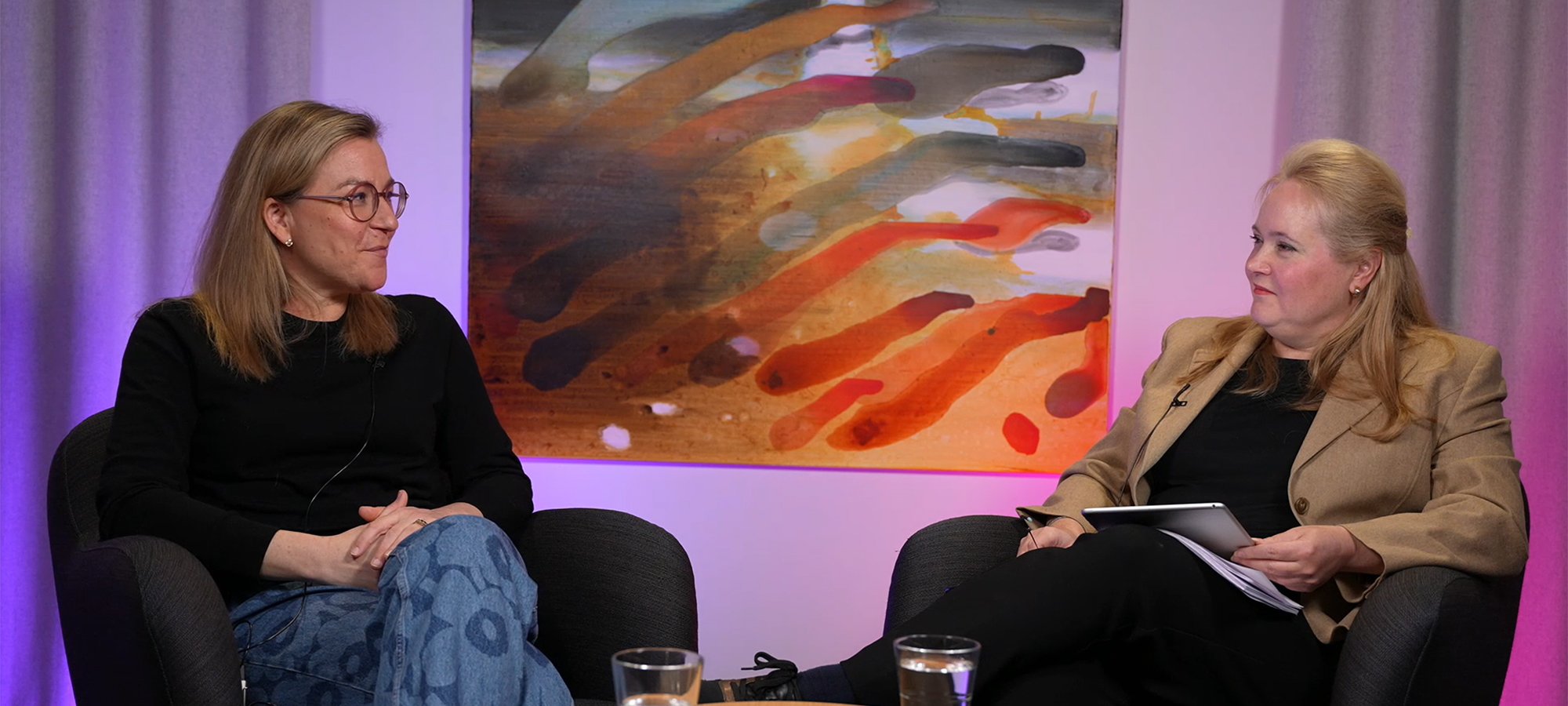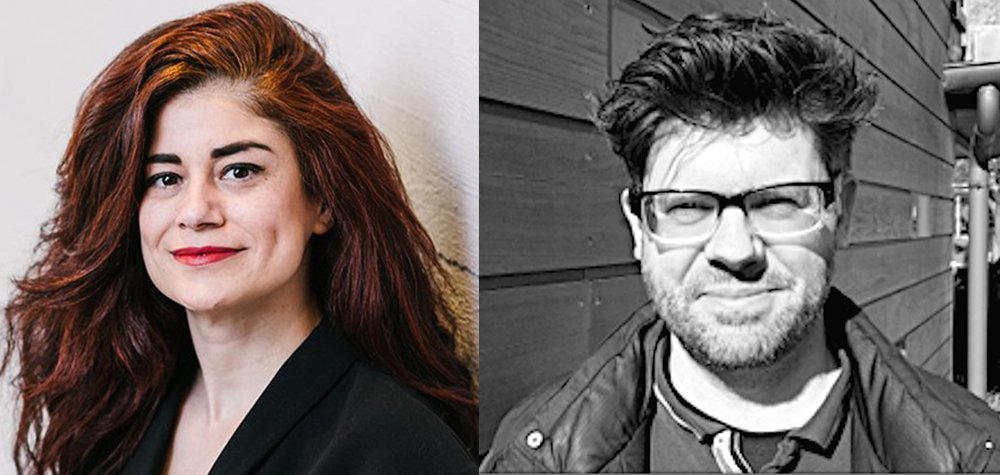State-owned companies influence society and business practices in numerous ways. Thus, the way in which the State operates as an owner is important, emphasizes Senior Financial Advisor Esko Pyykkönen from the Ownership Steering Department of the Prime Minister’s Office.
“The importance of corporate sustainability as a competitive factor has also been strongly emphasized: it can be a basic condition for staying in the market in the first place. Neste, Fortum or Finnair would not be able to operate in the market at all if their corporate sustainability matters were not in order,” Pyykkönen states.
Although corporate sustainability is nothing new to state-owned companies, the changes in the world and the program of the current Government have further increased the importance of the issue.
“Corporate governance is based on long-term continuity and includes many corporate governance themes, but also many of the current Government’s own priorities. Prime Minister Sanna Marin’s Government has emphasized corporate sustainability, especially environmental sustainability and the fight against climate change,” says Anne Rothovius, Ministerial Adviser at The Ministry of Economic Affairs and Employment.
Sustainability can be a basic condition for staying in the market in the first place."
The State owns approximately 60 companies, of which approximately half are the responsibility of the Ownership Steering Department of the Prime Minister's Office, and the rest are distributed among different ministries, such as the Ministry of Economic Affairs and Employment (MEAE) and Rothovius. Thus, many civil servants are involved in corporate governance, but the Prime Minister’s Office directs and coordinates their activities.
According to Pyykkönen and Rothovius, state-owned companies must be pioneers in matters of corporate sustainability, and this also imposes requirements on corporate governance.
“There was a need to expand the expertise of our own department and to raise the level of competence in other ministries with corporate governance officers. New matters related to corporate sustainability, such as reporting, are constantly emerging,” Pyykkönen says.
The Prime Minister’s Office discussed a broader training program with Aalto University Executive Education, and in this context corporate sustainability issues also came to the fore. The discussion resulted in a training program involving more than 40 corporate governance officers from nine ministries.
The sustainability training was a university-level training program that aimed to provide tools for both thinking and practical work."
The sustainability training included four modules with preliminary tasks and a joint final reflection. The training days included lectures, discussions and group work – which were conducted remotely due to the coronavirus.
“As a whole, it was a university-level training program that aimed to provide tools for both thinking and practical work. It was great to see that no one fell behind, even though the training program required concentration and dedication,” says Pyykkönen.
According to Pyykkönen, the program was specifically tailored to the needs of the state owner after the tendering process had been concluded. Also, during the training program the content was modified based on feedback and more specified needs.
However, that does not mean the corporate governance of state-owned companies operates on a different principle from that of other companies: it is about interaction and communication with governments and CEOs.
“However, the goal is policy coherence: if the Government’s goal is a carbon-neutral Finland by 2035, state-owned companies must take this into account in their operations and support the common goal,” says Rothovius.
The world’s leading instructors
Both Pyykkönen and Rothovius are grateful for the program’s expert instructors. Both Aalto EE’s own instructors and the visiting instructors from Finland and abroad have been praised.
“The world’s leading experts in a number of fields were selected for the program. For example, Idar Kreutzer, CEO of Finance Norway, who participated in the strategy work of the Norwegian Government Pension Fund Global, gave a presentation and had an excellent perspective on board work,” says Pyykkönen.
Influencing through board work, setting goals and monitoring them are key sustainability tools from the perspective of corporate governance. Themes concerning the environment and climate are constantly present, and social sustainability is increasingly emerging. Sustainable finance, on the other hand, is a theme linked to the EU taxonomy, i.e., sustainability criteria.
State-owned companies are very different and of different sizes, so they also have a different emphasis on sustainability. Rothovius emphasizes the companies that are under MEAE’s control and have special tasks.
“VTT, for example, is a company that focuses on research and its commercialization. There are currently many projects in progress that are related to, for example, circular economy, intelligent energy or zero-emission transport,” Rothovius says.
Investment company Tesi invests in venture capital and private equity funds, as well as directly in growth companies. The focus is on supporting companies in their climate goals, and Tesi also monitors the ESG ratings of investments. Some investments also offer low-carbon solutions for other companies.
Finnvera manages the State’s export financing and other SME financing. Another aspect of Finnvera’s sustainability is derived from the fact that its corporate financing creates new jobs.
“The elements and criteria related to sustainable finance have continuously evolved both at an EU level and in the financial markets. Finnvera has also taken other measures related to sustainable finance. It is involved in an international commitment not to finance coal power with export credits. In addition, Finnvera monitors the CO2 emissions of ship, as well as aircraft finance,” Rothovius states.
Networking and knowledge exchange
According to Pyykkönen, the training program’s teamwork and discussions fulfilled one more goal that had been set in advance. The goal was for the corporate governance officers to network more closely, to get to know each other better and exchange experiences. Peer learning was supported, for example, by creating sparring partners from different ministries.
“The other goals of the training program were also fulfilled and we collected excellent feedback – the training program helped the participants to think in a new way.”
Rothovius describes the training program as in-depth and inspiring.
The training program helped the participants to think in a new way."
“The training program was tailor-made for us, and we had very productive discussions. Now we are more capable of discussing these themes at the same level as the special assignment companies and give feedback,” Rothovius says.
Corporate sustainability issues are developing at a tremendous rate so the topic will continue to be relevant. This is why the next steps were already planned during the final reflection and the participants considered ways of ensuring that the good practices of the program will be continued and supported in corporate governance.
“Regulation is an important issue that we are constantly monitoring, and there will be more joint meetings on the topic of corporate governance. In the upcoming fall there will be an event for the chairpersons of the boards of state-owned companies, in which officers will also participate,” Pyykkönen concludes.
With 50 years of experience, Aalto EE develops world-class customized solutions that utilize Aalto University’s multi-disciplinary faculty and approach. We assist our customers in developing and carrying out strategic transformation, and together we create and deliver impactful and inspirational executive development solutions and programs. Read more
